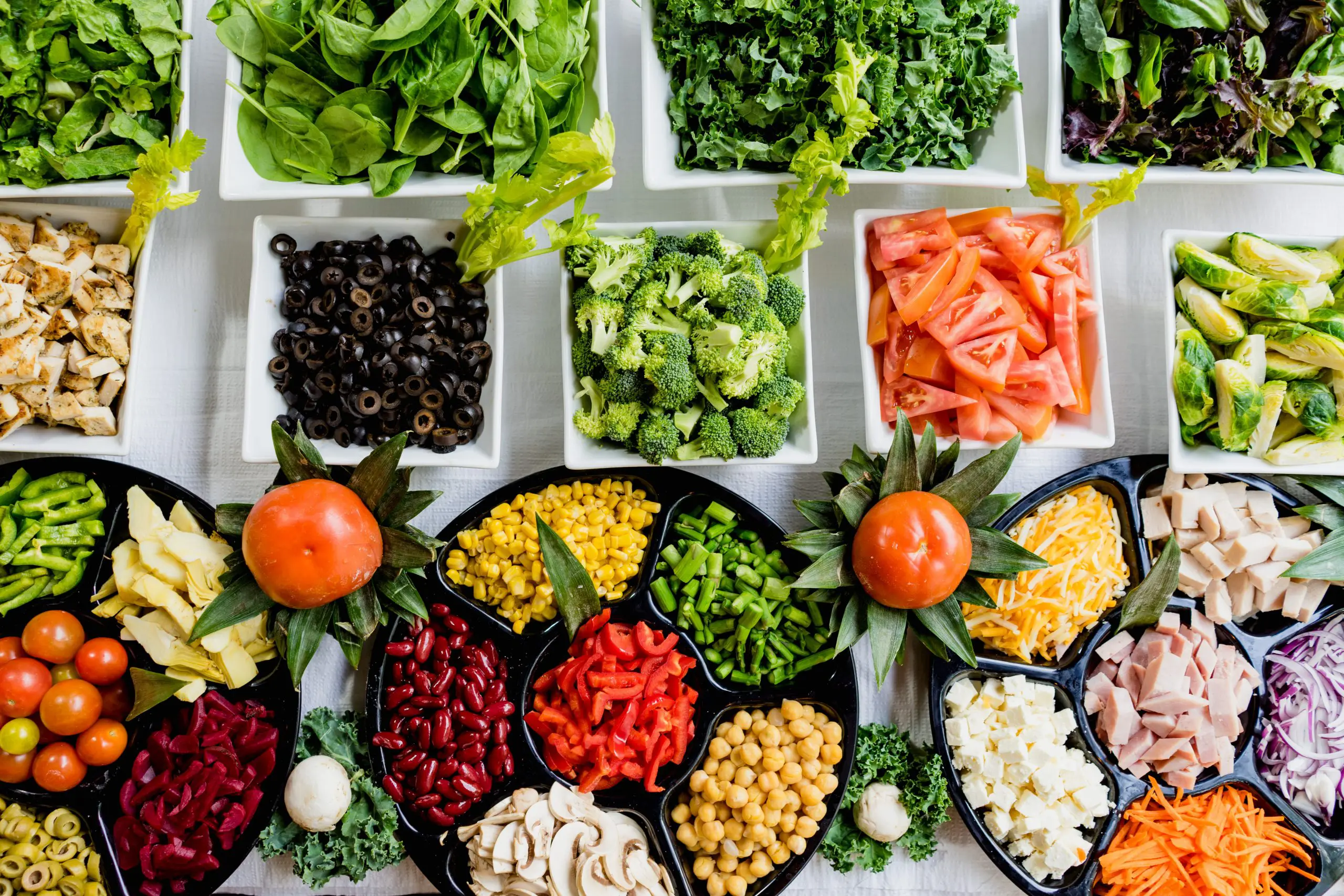Following a generic, not personalized type of diet might not be as efficient as a personalized diet. Following a diet according to our body type, activities and exercise level, any health issues and personal goals will include so many more benefits. Because it is adjusted to our body, it will be much easier to follow and sync into. Functional-Personalized diets need to be readjusted at some point, according to lifestyle changes, getting older, and health issues.
1. There is no single conventional diet that suits everybody.
2. Real food heals-Processed food hurts.
To help improve and restore your body’s proper operational protocols, functional personalized nutrition plans include all the recommended healthy food according to your body type, all the necessary supplements, as well as mindfulness practices. In order to create personalized nutrition plans, nutritionists need to obtain copious amounts of information from clients, including tests to check for nutritional deficiencies.
3. Six Functional Foods.
Whole foods lie at the core of functional nutrition. These six foods are packed with fiber, which helps slow digestion, lowers the glycemic impact of food and feeds your gut microbiome, but each also contains particular compounds that make it so beneficial.
Cruciferous Vegetables (Cauliflower, Kale, Broccoli, Bok Choi, Arugula, Brussel Sprouts, Cabbage, etc.)
Cruciferous vegetables are low-calorie, and rich in folate, vitamins C, E, and K, and fiber. Fiber is an important nutrient to incorporate if weight loss is the goal, as it helps keep you fuller longer.
Cruciferous vegetables are also good sources of phytonutrients, which are plant-based compounds that may help lower inflammation and reduce the risk of developing cancer.
Also present in cruciferous vegetables are glucosinolates. These chemicals are not only responsible for the aroma and flavor of these plants, but they have also been shown to have anticancer effects.
⦁ Contain Cancer-Fighting Compounds
⦁ Reduce Inflammation
⦁ Regulate Blood Sugar
⦁ Promote Weight Loss
⦁ Enhance Heart Health
⦁ Promote Estrogen Balance
Pumpkin
The potassium in pumpkin can help regulate blood pressure, protect against stroke and boost bone mineral density. It also contains carotenoids (lutein and zeaxanthin) and vitamin A, which help protect the immune system and promote eye health.
Raspberries
Move over apples — a berry a day will keep the doctor away. Raspberries contain ellagic acid, an antioxidant that removes toxins and free radicals and helps protect against certain kinds of cancer. High levels of the ellagic acid category: peaches, cranberries, strawberries, and grapes.
Chia Seeds
Though tiny, chia seeds pack a hefty nutritional punch, their omega-3s help fight inflammation, which can mean better gut function, less achy joints, and better cognition. Omega-3s also have been shown to lower blood pressure, prevent heart disease, and reduce the likelihood of heart attack and stroke. Chia seeds are rich in manganese, phosphorous, calcium and even protein.
Avocado
Avocados are rich in fiber (11 to 17 grams per avocado) and contain lutein for eye health. Their oleic acid also helps lower bad cholesterol and triglycerides and increase good cholesterol. They also contain more potassium than a banana.
Turmeric
This spice helps reduce pain and inflammation and improve focus and memory. Curcumin, the active ingredient in turmeric, has been shown in numerous studies to reverse the oxidative damage responsible for causing pain and memory loss as you age.

